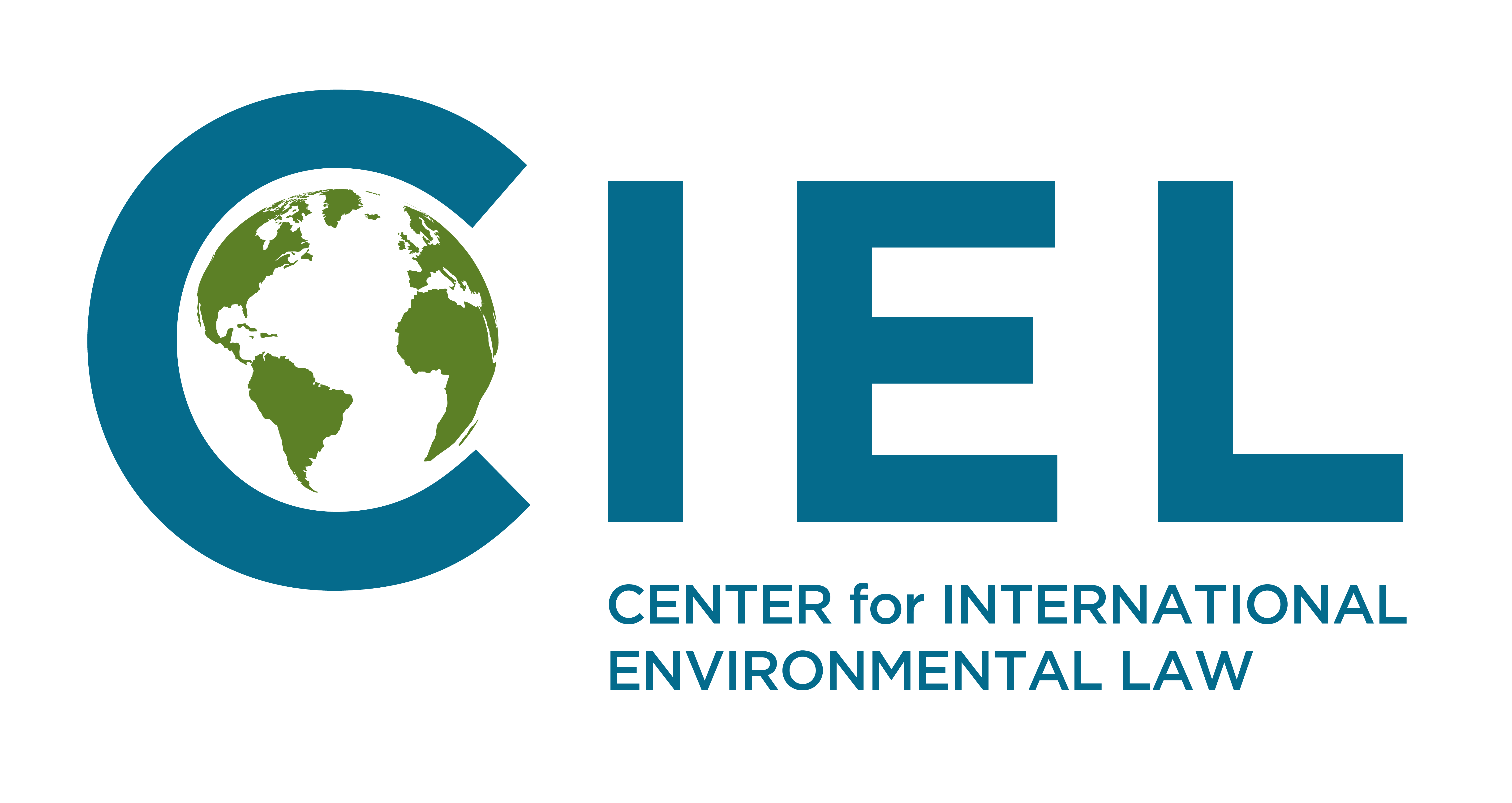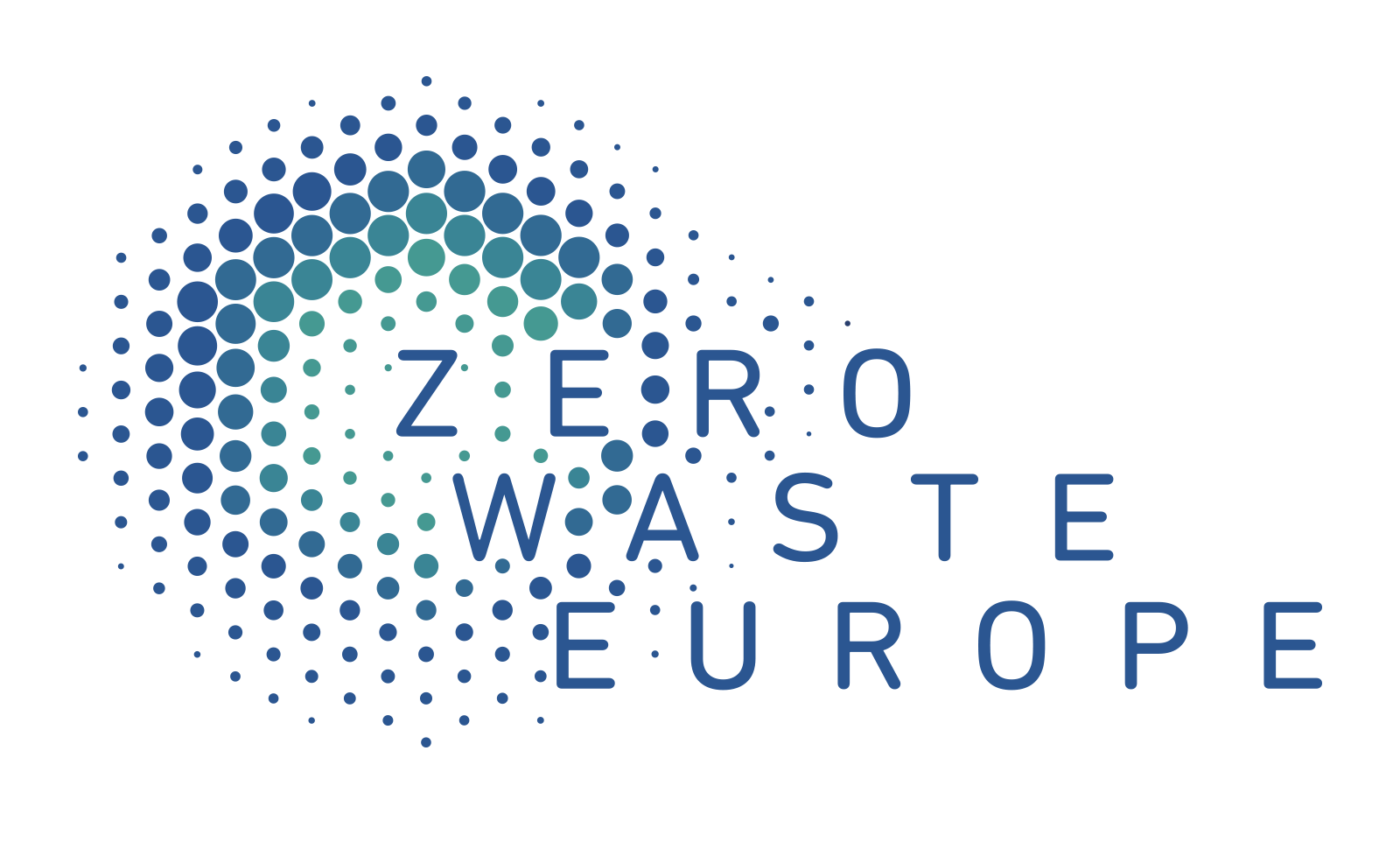Plastic production decline in Europe exposes the urgent need to tackle global overproduction in Plastics Treaty
Brussels, 18th November 2024
Today, Plastics Europe published new data on EU plastics production: it shows that EU plastics production reduced by 8.3% between 2022 and 2023, and that the 2023 production of recycled content also fell by 7.8% compared to 2022. The decline in European plastics production and recycling highlights systemic issues in the plastics sector, whereby the industry has clung to unsustainable production, prioritising profit and expansion over resilience and long-term planning.
These new data come as negotiators from across the world are about to meet in Korea for the last planned round of negotiations on an international legally binding instrument to end plastic pollution, also known as the plastics treaty.
Below are reflections from members of the Rethink Plastic alliance and Break Free From Plastic movement on the new data:
Delphine Lévi Alvarès, Global Petrochemicals Campaign Manager at the Center for International Environmental Law (CIEL) said:
“The decline in plastic production in Europe exposes the unsustainable nature of market forces that prioritize short-term gains over long-term resilience. Expanding plastic production in already oversupplied markets with low-profit margins creates significant financial risks. This unmanaged decline is harming workers and communities while undermining global and EU targets to combat climate change and pollution.”
She added: “We need a managed decline—a deliberate, equitable strategy supported by global regulations under the plastics treaty to stop production capacity expansion and set mandatory reduction targets to address market imbalances responsibly.”
Jacob Kean Hammerson, Ocean Campaigner at the Environmental Investigation Agency (EIA) said:
“European plastics manufacturing decline is set against a global rise in production. Yet, many of the same companies who are blaming European environmental regulations have ramped up their production in other continents and are contributing to the global overproduction of primary plastic polymers. As we approach the final round of negotiations, the Global Plastic Treaty offers the opportunity to raise environmental standards across the plastics lifecycle and across geographies. It is therefore essential we finalise an ambitious treaty in order to halt the plastic industry’s global race to the bottom we are currently witnessing.“
Joan Marc Simon, Founder of Zero Waste Europe said:
“Plastic production in Europe is declining due to uncompetitive energy and virgin feedstock prices and a dysfunctional policy framework, which has been partly promoted by plastic producers themselves. The EU faces a critical decision: prioritize a circular economy by aligning trade policies with environmental and industrial policies, or continue catering to plastic producers -European or not- who are relocating to regions with lower costs. Pursuing both objectives simultaneously will lead to both de-industrialisation and failure to deliver a circular economy”.



